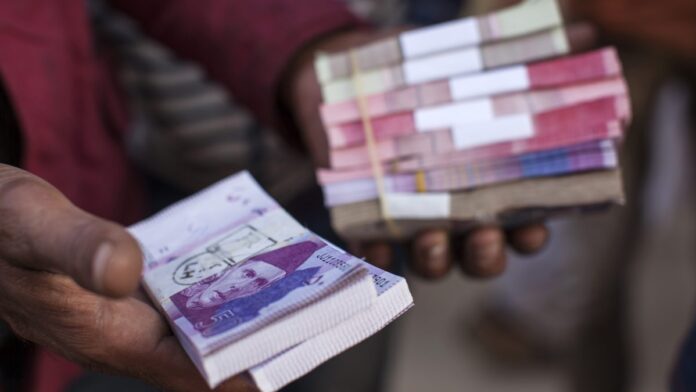ISLAMABAD: Rawalpindi Chamber of Commerce and Industry (RCCI) President Nasir Mirza has demanded special stimulus packages for all sectors as well as additional funds for development projects and lower cost of production from the government.
“The business community has been the most affected because of the pandemic. The government should provide a conducive environment for the development of the country’s economy,” the RCCI president added while speaking at an interactive session with a delegation of the Economic Journalists Forum (EJF) at the Chamber House on Sunday.
RCCI Senior Vice President Osman Ashraf, RCCI Vice President Shahraiz A Malik, executive members, RCCI Chairman Khurshid Barlas, Azhar Jatoi, Riaz Taheem, Tanveer Hashmi and others members were also present on the occasion.
Former president and group leader and well-known industrialist Sohail Altaf also recounted the recent meeting between a group of industrialists with Prime Minister (PM) Imran Khan in which they shared feedback on issues facing the business community, inflation, development projects, FBR tax system and the current political situation.
He said that it was brought to the notice of the prime minister that no mega project of any kind has been launched for Rawalpindi in the last two years. “I told the prime minister that the Ring Road project is an important project which also includes economic zones and that with the establishment of industrial zones, Rawalpindi could become a hub for commercial activities.”
“The prime minister should take a personal interest and complete it on a priority basis,” he added.
On the occasion, Azhar Jatoi, President of the Economic Forum, said that the purpose of the forum was to enhance engagement with the business community and to advance the suggestions of stakeholders for the development of the country’s economy so that the government could effectively formulate policymaking.
The RCCI also said that the government should move forward with consensus and resolve issues amicably for political stability, adding that “the current political temperature has increased the uncertainty which is detrimental to the country’s economy.”




